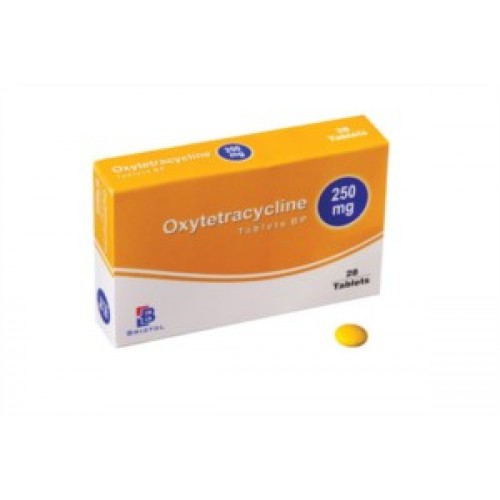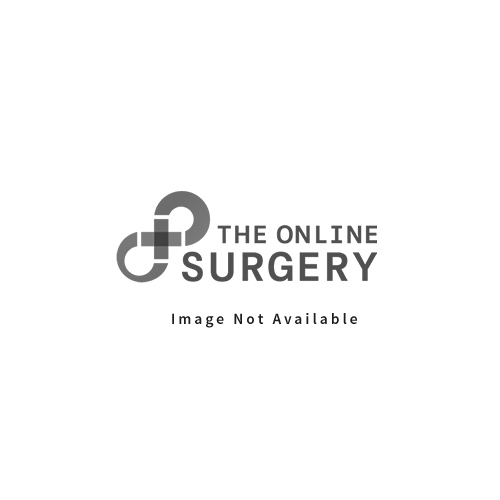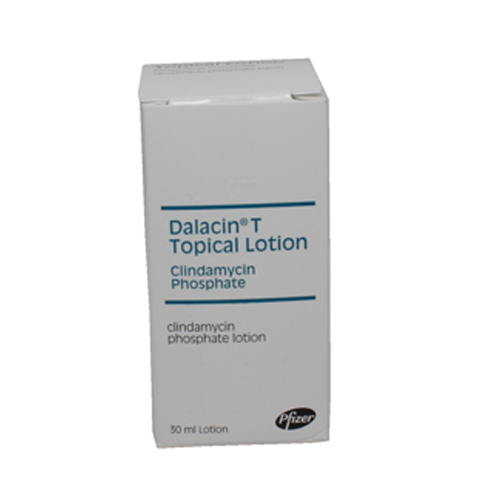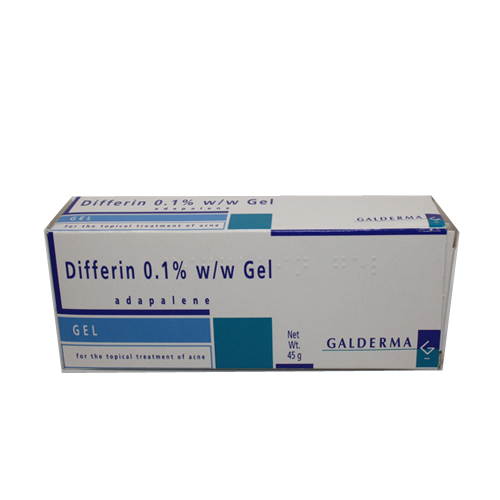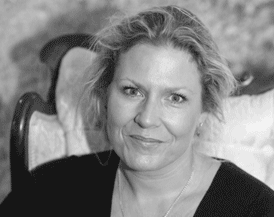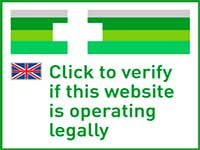Acne > Antibiotics
Lymecycline Capsules
Lymecycline capsule belongs to a group of medicines called tetracycline antibiotics. It is used to treat acne, pimples and spots that occur because of bacterial infection. This capsule is also used for treating other infections like acute sinusitis, bronchitis... read more
£45.00
Oxytetracycline Tablets
Oxytetracycline is an antibiotic with antibacterial action. It may be used to treat a wide range of infections caused by bacteria like lung infections, urinary tract infections, sexually transmitted diseases, skin infections, eye infections and others. The act... read more
£17.50
Tetralysal Capsules
Tetralysal is an antibiotic which is used to treat infections caused by bacteria. It belongs to a class of medicines called tetracycline antibiotics which fight bacteria. Tetralysal treats acne, ear, nose, throat infections, bronchitis, gastrointestinal infect... read more
£49.36
Acne > Facial Hair Removal
Vaniqa Cream
Vaniqa cream is used to treat unwanted facial hair growth in women, also knows as hirsuitism. It contains the active ingredient eflornithine, which slows down the rate of unwanted facial hair growth, which may be associated with hormonal conditions or brought ... read more
£106.99
Acne > Retinoid Gel
Isotrexin Gel
Isotrexin or Isotrexin Gel is a combination of two medicines called erythromycin and isotretinoin. Of these active ingredients erythromycin is an antibiotic and isotretinoin is vitamin A. The combination is used for the treatment of acne. Isotrexin is recom... read more
£25.50
Treclin Gel (Tretinoin)
Treclin gel contains two active ingredients, clindamycin an antibiotic and tretinoin a retinoid. The combined effect of these ingredients is much more than when used separately. Treclin gel is used for the treatment of acne in patients who are 12 years and abo... read more
£35.10
Acne > Topical acne
Dalacin T (Clindamycin) 1 ..
Dalacin T (Clindamycin) 1% is a medicine used to treat skin acne. It comes in the form of a solution and lotion. Both these categories of the medicine are meant for external application and are used for the treatment of skin acne.Dalacin T contains an antibiot... read more
£30.00
Dalacin T (clindamycin) 1 ..
Dalacin T (Clindamycin) 1% is a medicine used to treat skin acne. It comes in the form of a solution and lotion. Both these categories of the medicine are meant for external application and are used for the treatment of skin acne.Dalacin T contains an antibiot... read more
£43.78
Differin Cream (Adapalen ..
Differin cream is used for treating mild to moderate acne. It helps cure pimples, blackheads and spots, to be used on the face, back and chest.Differin contains Adapalene, its chief active ingredient, which possesses anti-inflammatory properties and helps redu... read more
£63.00
Differin Gel (Adapalene) ..
Differin is a white, shiny gel used for the treatment of mild to moderate acne. It helps cure pimples, blackheads and spots. Best suited for dry and fair skin, it is to be used on the face, back and chest.Differin gel contains adapalene as a chief active ingre... read more
£35.00
Duac Once Daily Gel (Benz ..
Duac once daily gel contains Clindamycin and Benzoyl peroxide. It belongs to a class of medicines called �anti-acne preparations’. The medicine is used to treat mild to moderate acne on your skin. Clindamycin is an antibiotic which stops the bacteria invol... read more
£50.00
Epiduo Gel
Epiduo gel is a medicine used for the treatment of acne. It contains two active ingredients – adapalene and benzoyl peroxide. The two ingredients work in different ways to treat acne. Adapalene belongs to a group of products called retinoids. It acts specifi... read more
£89.00
Zineryt Topical Lotion
Zineryt is an antibiotic which is used to treat acne. It belongs to a class of antibiotics which treat acne vulgaris, simply called pimples or spots. These medicines are used to reduce the growth of bacteria. Erythromycin and zinc acetate are the two main ingr... read more

